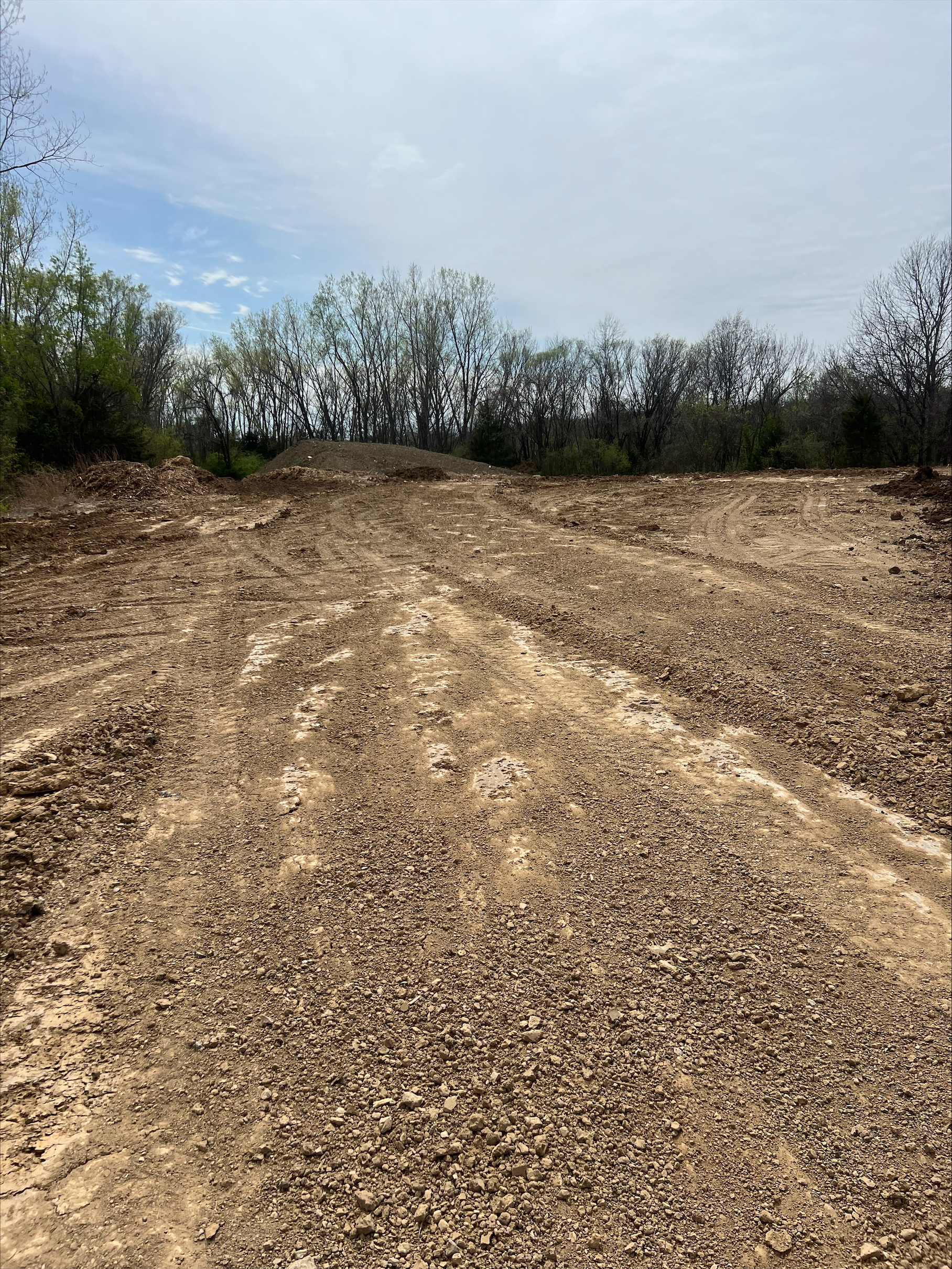ASPHALT MILLINGS
Introduction
In the realm of sustainable infrastructure development, the use of recycled materials has gained significant attention. Asphalt millings, a byproduct of road construction and maintenance, have emerged as a popular alternative to traditional paving materials. This essay aims to analyze the advantages and drawbacks of buying asphalt millings for construction purposes, shedding light on its environmental impact, cost-effectiveness, and long-term viability.
Advantages of Buying Asphalt Millings
One of the primary advantages of purchasing asphalt millings lies in its environmental benefits. By utilizing recycled materials, the construction industry can significantly reduce its carbon footprint. This eco-friendly approach aids in the conservation of natural resources and minimizes the amount of waste sent to landfills. Moreover, the use of asphalt millings helps to conserve energy and reduces the need for virgin materials, thus contributing to the preservation of the ecosystem.
Furthermore, the cost-effectiveness of asphalt millings is another appealing factor. Compared to newly manufactured asphalt, millings are often more budget-friendly, making them a favorable option for both small-scale and large-scale construction projects. This affordability enables construction companies and local authorities to allocate their resources more efficiently, promoting sustainable development without compromising quality.
Additionally, the durability and resilience of asphalt millings cannot be overlooked. These recycled materials possess similar characteristics to traditional asphalt, ensuring a robust and long-lasting road surface. This durability factor translates into reduced maintenance costs and prolonged road longevity, making it a practical choice for regions with heavy traffic and fluctuating weather conditions.
Drawbacks of Buying Asphalt Millings
Despite its numerous advantages, buying asphalt millings also presents certain drawbacks that need careful consideration. One of the notable challenges is the variability in quality. Since millings are recycled materials, their composition may vary, potentially impacting the consistency and strength of the final pavement. Therefore, thorough testing and quality control measures are imperative to ensure the desired performance standards are met.
Furthermore, the preparation and installation of asphalt millings demand specialized equipment and skilled labor. Inexperienced handling or inadequate machinery may result in substandard construction, jeopardizing the overall integrity of the road surface. Therefore, proper training and equipment maintenance are essential to guarantee the successful implementation of asphalt millings in construction projects.
Conclusion
In conclusion, the utilization of asphalt millings in road construction showcases numerous benefits, including environmental sustainability, cost-effectiveness, and durability. However, careful quality assessment, adequate preparation, and skilled labor are crucial to overcoming the challenges associated with this recycled material. By striking a balance between these advantages and drawbacks, the construction industry can harness the potential of asphalt millings to foster sustainable infrastructure development while minimizing environmental impact. To help promote sustainability, reduce environmental impact and encourage recycling you can buy and sell your Asphalt Millings on Borrow-Pit.com!
<a href=”https://stocksnap.io/photo/yellow-lines-BHULE3UCQF”>Photo</a> by <a href=”https://stocksnap.io/author/tgray”>Tricia Gray</a> on <a href=”https://stocksnap.io”>StockSnap</a>




